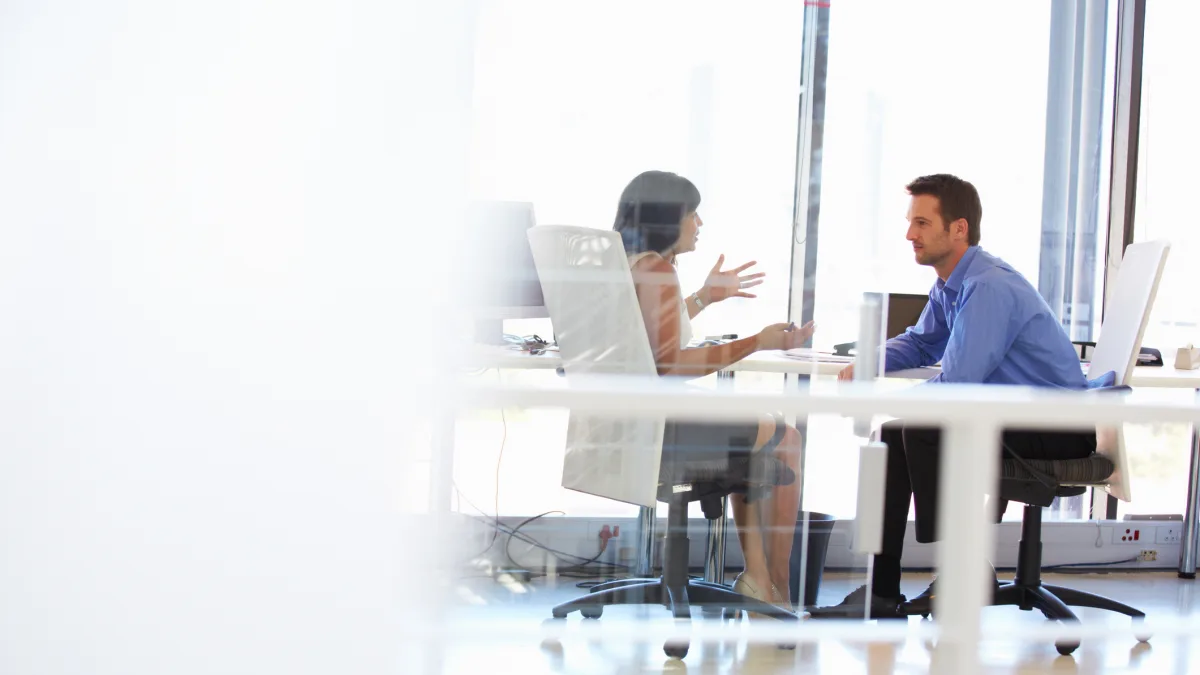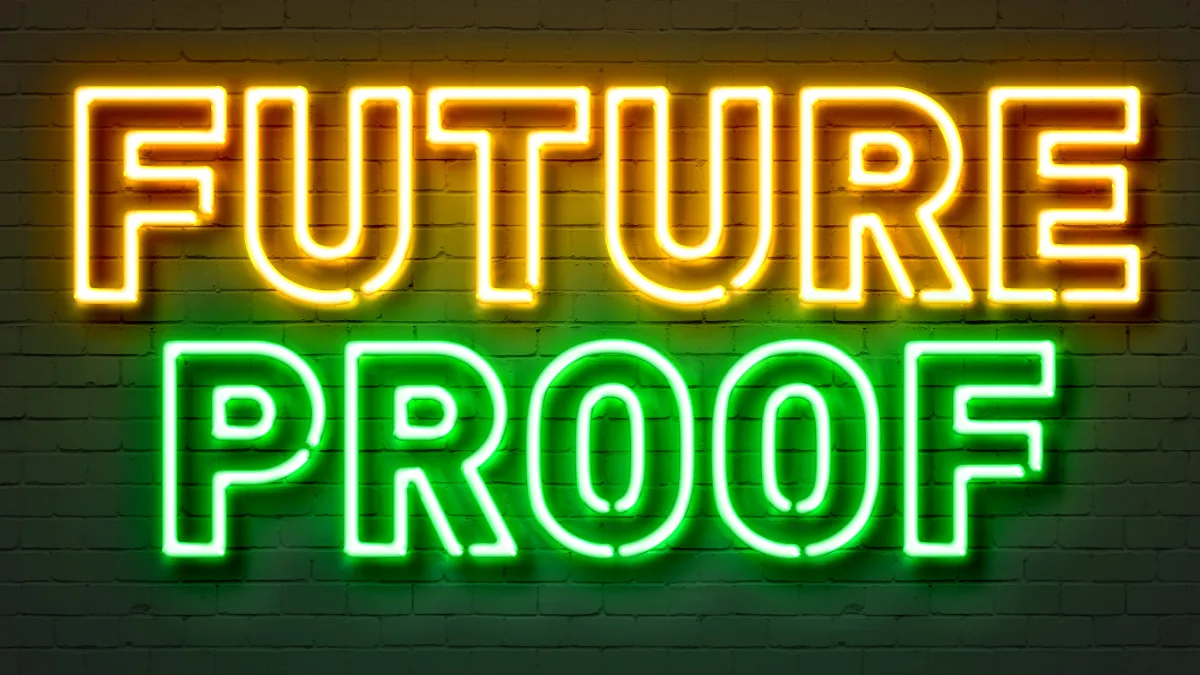We spend much of our lives chasing comfort. A stable job. Predictable routines. Familiar roles. Even our ambitions—once achieved—can become soft cushions we don’t want to leave.
And yet, for anyone serious about reinvention, comfort is rarely the place where anything meaningful begins.
It’s not that comfort is bad. It’s that it becomes blinding. When things feel ‘fine’, we stop noticing the cracks. We stay too long in roles we’ve outgrown. We repeat strategies that once worked, long after they’ve stopped delivering. We confuse ease with alignment, and predictability with success.
But reinvention doesn’t come from ease. It comes from unease.
Discomfort is the signal. It tells you that something needs to shift—even if you can’t quite name it yet. And courage is the response.
I recently had a conversation with a founder who told me that they were, “waiting for the right moment” to pivot. But the right moment is rarely comfortable. It rarely feels obvious. Courage means acting before the clarity arrives.
That’s the mindset shift. From comfort to courage.
Comfort says: stay. Keep things steady. Don’t rock the boat.
Courage says: ask the uncomfortable questions. Step outside the version of success you’ve outgrown. Try—even when you’re unsure how it ends.
And here’s the paradox: the more we try to protect comfort, the more fragile we become. Systems designed to reduce risk end up limiting adaptability. Careers built only on certainty resist change just when it’s most needed. Cultures that prize harmony often silence the boldest ideas.
We don’t need more certainty. We need more courage.
Courage to begin again
Courage doesn’t always look dramatic. Sometimes it’s quiet. Sometimes it’s the decision to say no to something that once thrilled you. To stop performing an identity that no longer fits. To begin again—not because you failed, but because you’ve grown.
I’ve seen this play out in businesses, too. The ones that thrive aren’t necessarily the ones with the best plans. They’re the ones with the bravery to walk away from the plans that no longer serve them.
Comfort rarely asks questions. Courage lives inside them.
What are we no longer seeing clearly? What risks are we avoiding because they make us uncomfortable? What conversations are we not having because they disrupt our sense of control?
In reinvention work, these are the questions that matter most.
Because the biggest risk isn’t failure—it’s staying the same in a world that won’t stop shifting.
And courage doesn’t mean recklessness. It means moving even when the ground is uneven. It means leading with integrity, not just ease. It means choosing growth, even when it feels like loss.
So, if you find yourself clinging to what’s comfortable, ask yourself: what is it costing me?
Reinvention begins when we stop trying to optimise the old model and start imagining what else is possible.
That doesn’t happen from the centre of comfort. It happens at the edge—where the unfamiliar begins, and where courage becomes your compass.
Comfort may feel safe. But courage builds the future.
Photo: Dreamstime.







